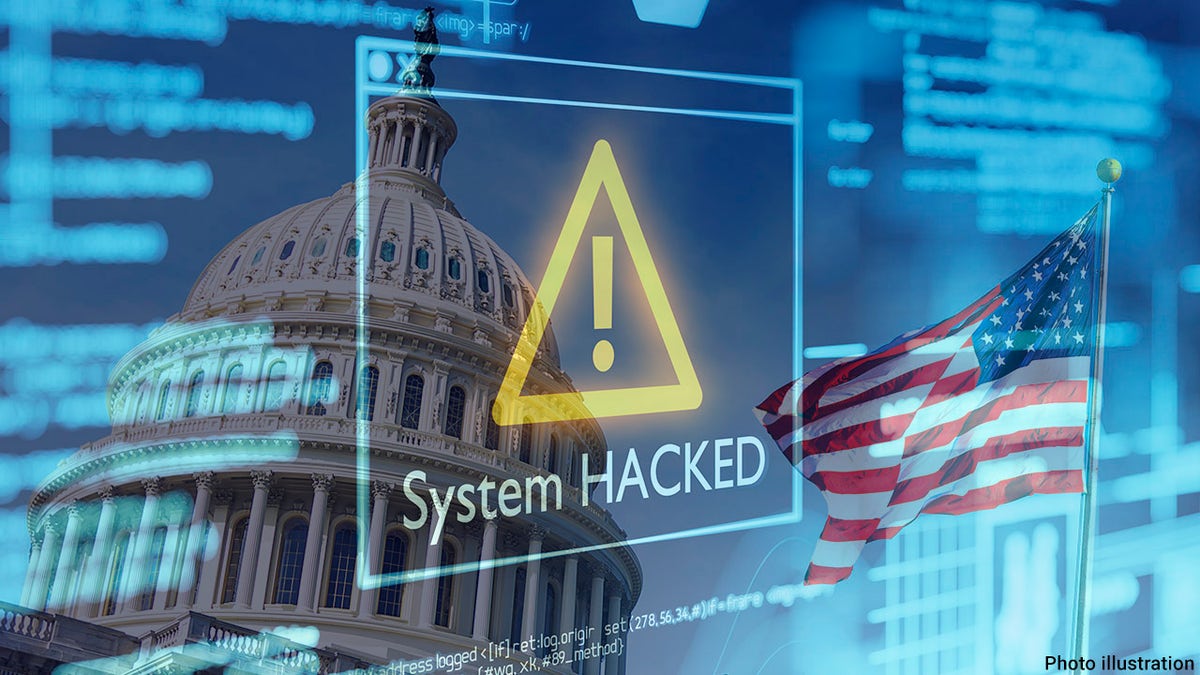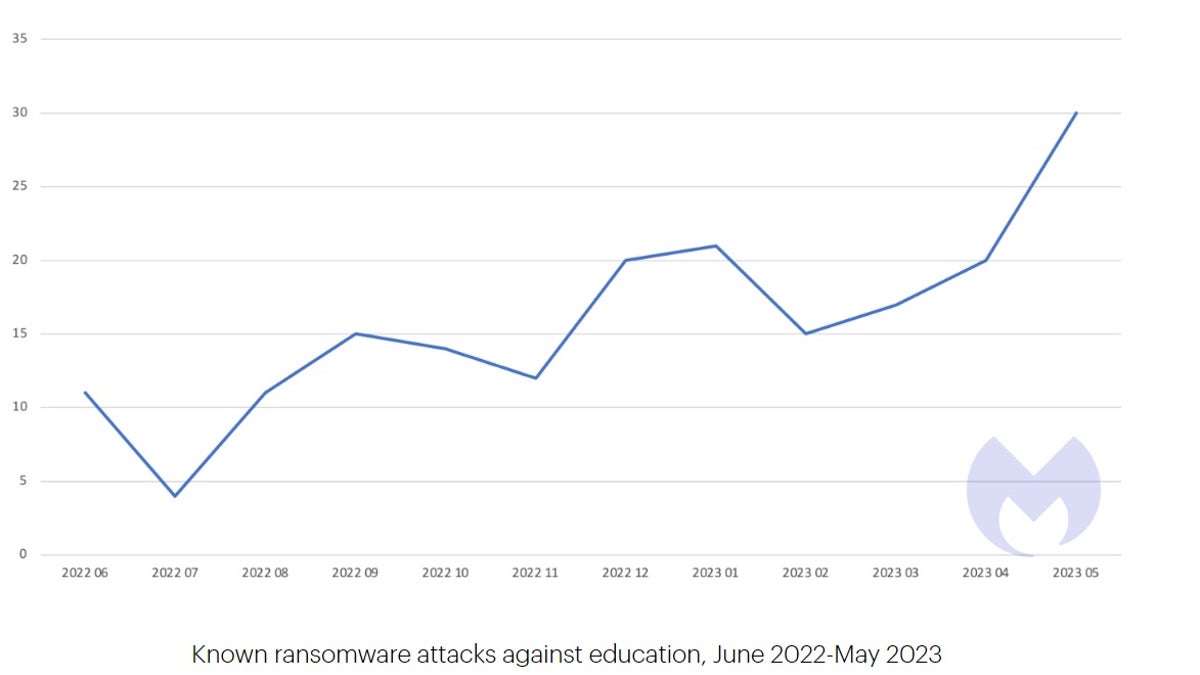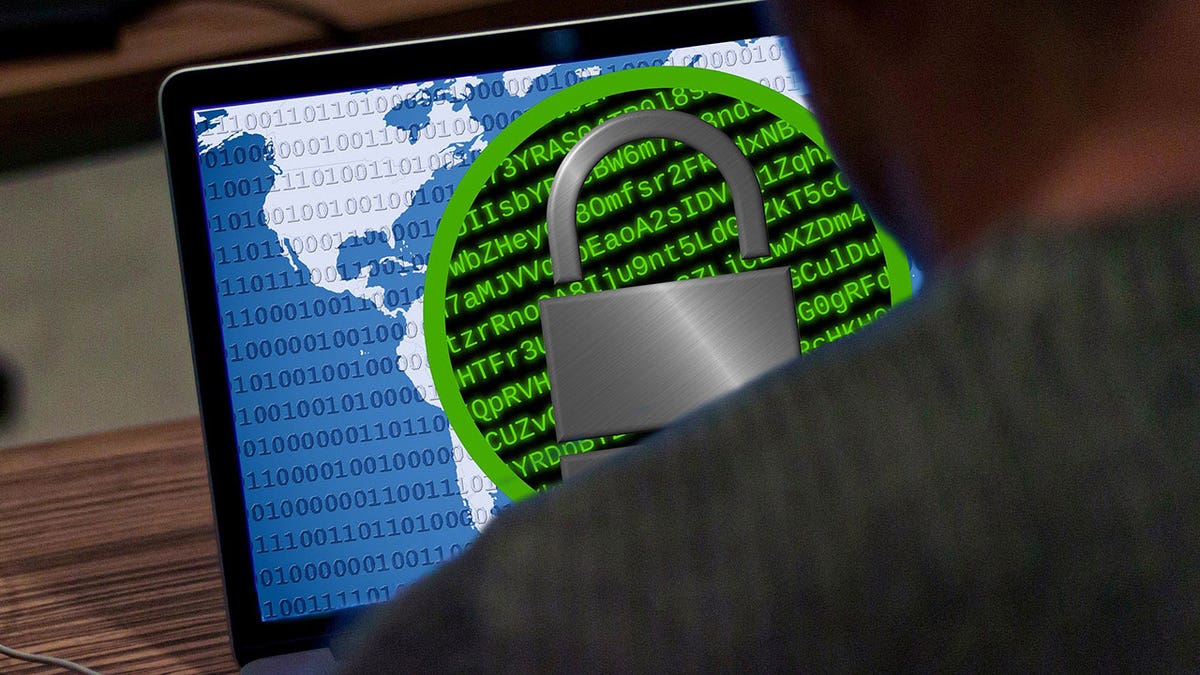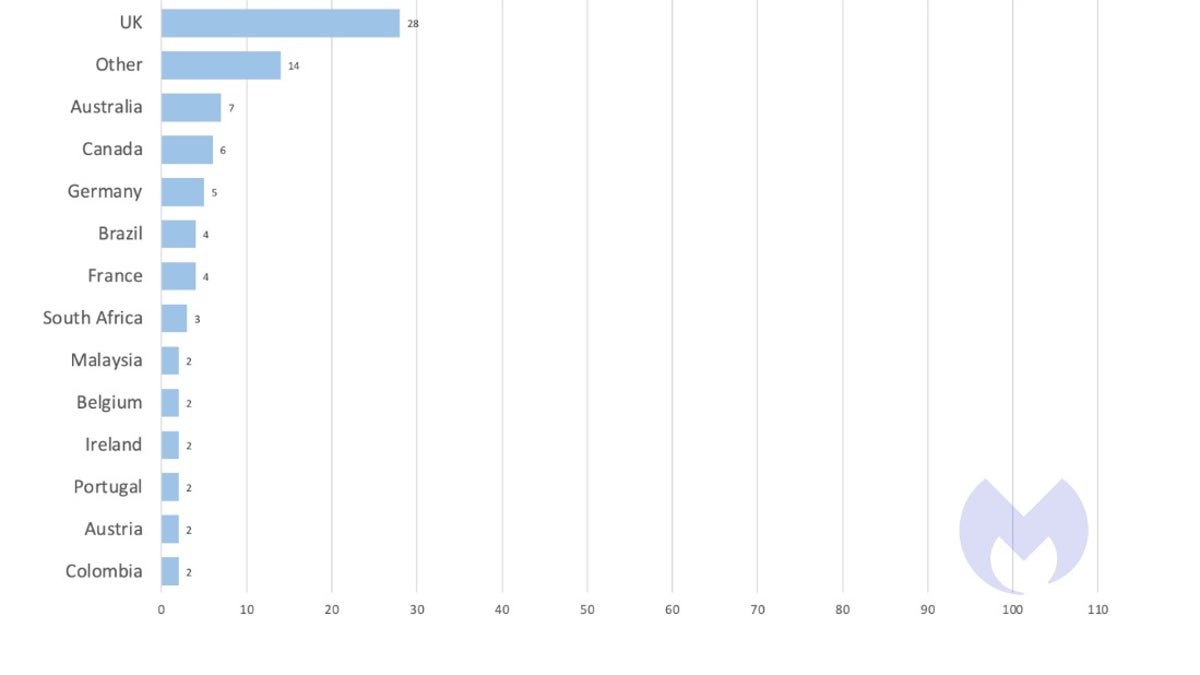Educational institutions are facing a growing threat from cybercriminals who exploit vulnerabilities in their systems to steal confidential student data. These attacks often involve ransomware, where hackers demand payment in exchange for not releasing the stolen information on the dark web or public internet.
Experts like Ross Brewer, with decades of cybersecurity experience, emphasize the sensitive nature of the data at risk. This includes personal information, medical records, psychological evaluations, and even details of sensitive incidents like sexual assault allegations. Schools are attractive targets due to the large volume of personal data they store and their often limited cybersecurity budgets.

This criminal trend has seen a significant increase in recent years. Studies reveal a disturbing rise in ransomware attacks targeting schools and colleges, impacting potentially millions of students. The actual number of attacks is likely much higher, as many incidents go unreported.

The consequences of these attacks can be devastating. In one highly publicized case, a school district refused to pay the ransom, leading to the release of hundreds of sensitive student files on the dark web. Many victims were unaware of the breach until contacted by reporters, highlighting the lack of transparency and communication following these incidents.

Experts advise against paying ransoms, comparing these cybercriminals to data terrorists. Paying encourages further attacks and does not guarantee the deletion of stolen data. Some states have even banned ransom payments to discourage this practice.

Cybercrime is a global issue, but the U.S. appears to be disproportionately affected. Experts urge lawmakers to implement stricter legislation and harsher penalties to deter these attacks and protect vulnerable student data.

The aftermath of these attacks can be long-lasting, impacting both the victims and the institutions involved. The need for improved cybersecurity measures and stricter legal repercussions is paramount in combating this growing threat.
Comments(0)
Top Comments